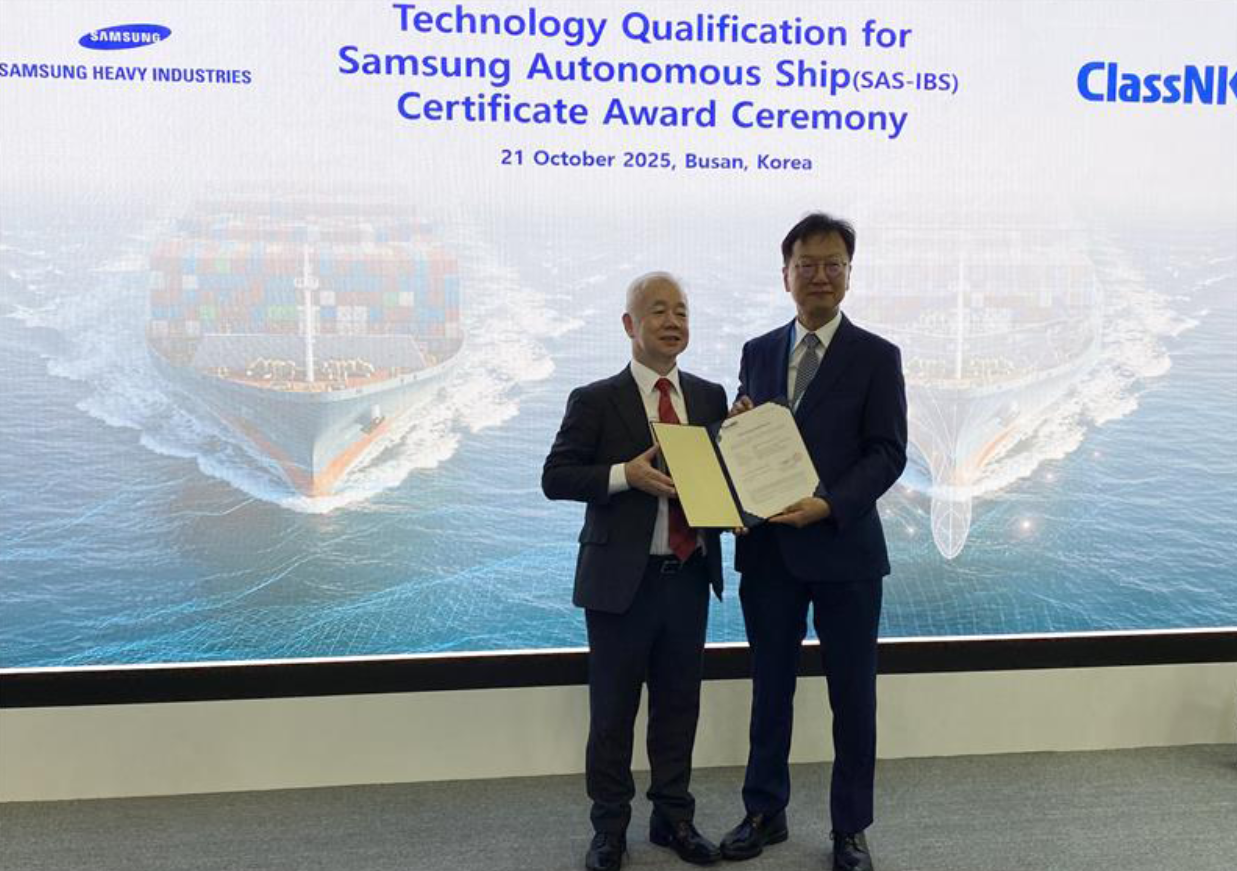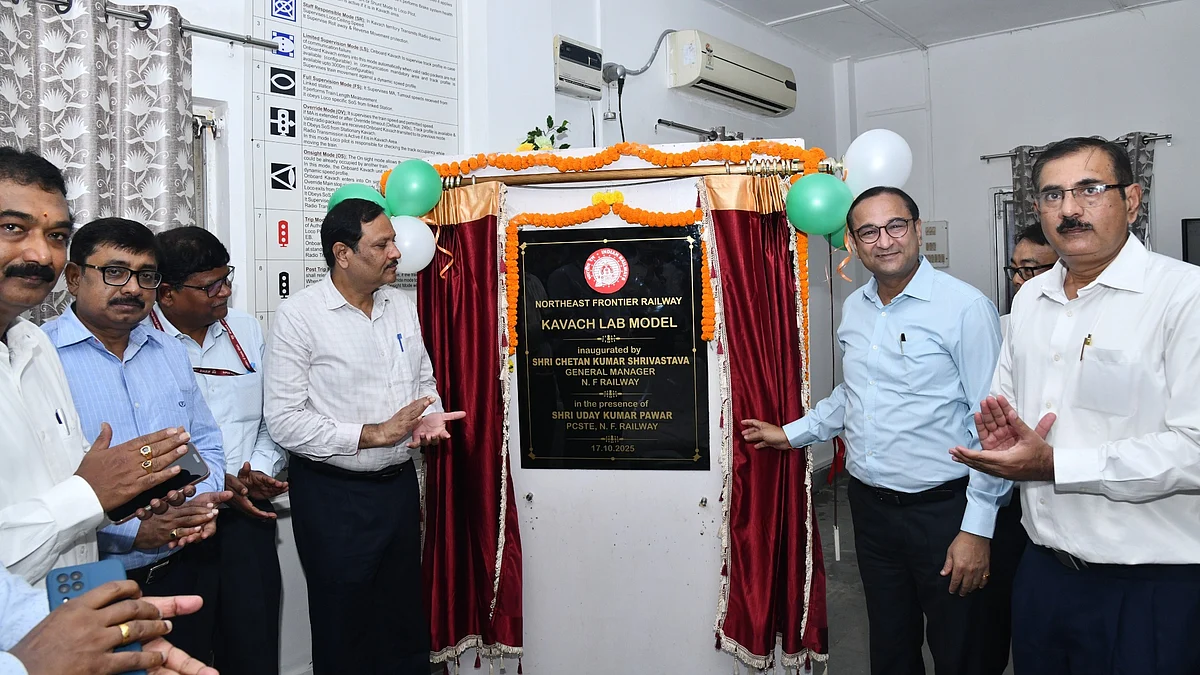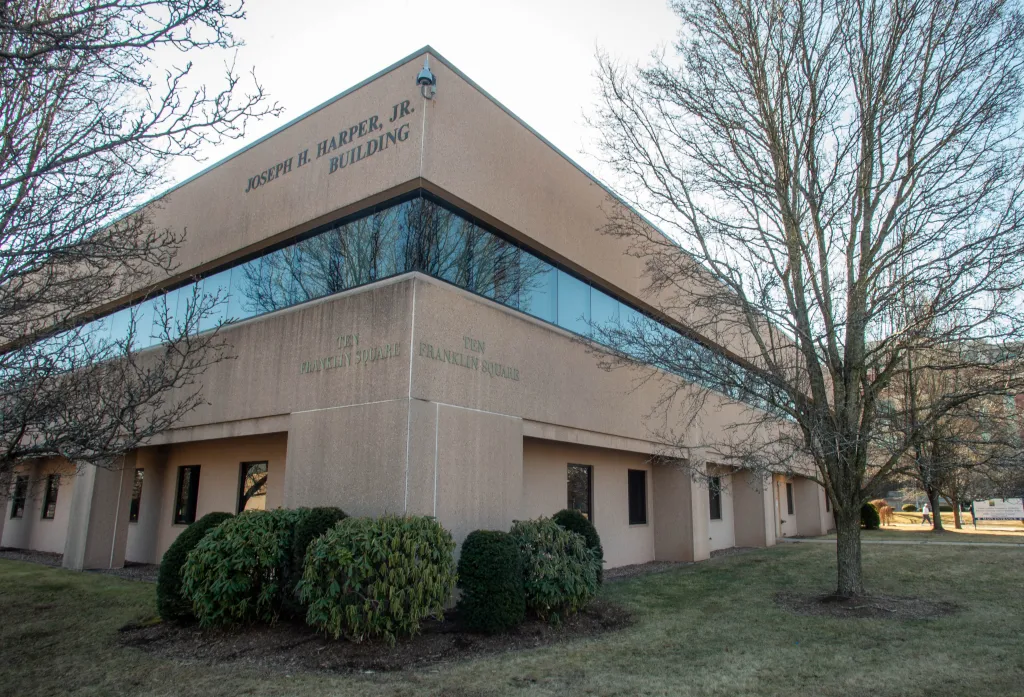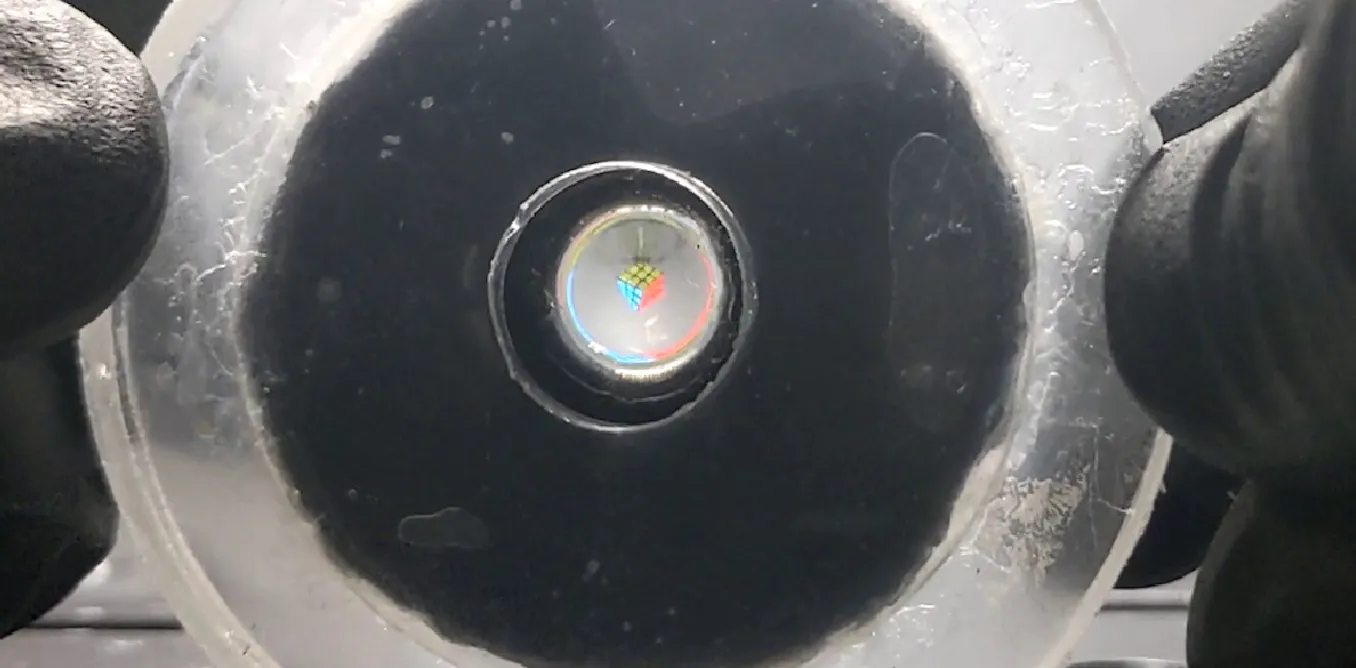Copyright offshore-energy

Japanese classification society Nippon Kaiji Kyokai (better known as ClassNK) has given a technology qualification (TQ) certificate for a component of South Korean shipbuilding giant Samsung Heavy Industries’ (SHI) autonomous navigation solution. As disclosed, the TQ—which is issued for solutions based on new concepts and designs that existing rules and standards cannot address—validated SHI’s “SAS-IBS”, which is a component of the company’s “Samsung Autonomous Navigation Assistance System (SAS)”. ClassNK had previously issued an approval in principle (AiP) for SAS at the end of October last year. The technology qualification certificate was reportedly handed over at a maritime and shipbuilding event being held in South Korea. According to ClassNK, SAS is a system that comprises the functions of situational awareness for recognizing the vessel and its surrounding environment, which, in turn, helps plan actions ahead of time in cases of potential collisions (and grounding avoidance). It is also said to feature vessel track control through an autopilot. On the other hand, as elaborated, the SAS-IBS is a software that was engineered to examine the risks of collisions and grounding with surrounding ships and other obstacles, with the aim of paving “safe” paths to avoid these dangers and offer alert management functions based on its operational design domain. Officials from the classification society have further remarked that the TQ was issued following an inspection of SAS-IBS based on ClassNK’s “Guidelines for Technology Qualification”, which encompass novelty evaluation, risk assessment, simulation testing, and qualification validation. It is worth noting that in mid-July 2022, classification society Korean Register (KR) had penned a memorandum of understanding (MOU) with ship management company Korea Leading Company of Ship Management (KLCSM) and Samsung Heavy Industries for joint research and commercialization of autonomous navigation systems for mid- to large-sized vessels. Under the terms of this MoU, the SAS solution was to be applied to KLCSM’s fleet of operating ships to perform risk assessments, develop and certify cybersecurity systems, and review the conformity of various agreements and standards for future domestic approval. The collaboration was seen as an ‘important’ piece of the autonomous shipping puzzle, or, rather, a bigger picture involving maritime autonomous surface vessels (MASS), which is a landscape that has seen a set of developments in South Korea in more recent times. The South Korean government has made efforts to drive MASS technology forward, too. To remind, in April this year, the country’s Ministry of Ocean and Fisheries (MOF) unpacked a decade-long framework on the engineering of technologies deemed ‘critical’ to build autonomous ships. At the time, Minister Kang Do-hyung shared that MOF would work together with the Ministry of Trade, Industry and Energy (MOTIE) to turn the vision into reality. Moreover, at the end of last year, MOF and MOTIE had greenlit the Autonomous Ship Act, a ‘historic’ piece of legislation aimed at promoting the development, demonstration and commercialization of MASS. The act entered into force at the beginning of January 2025.



